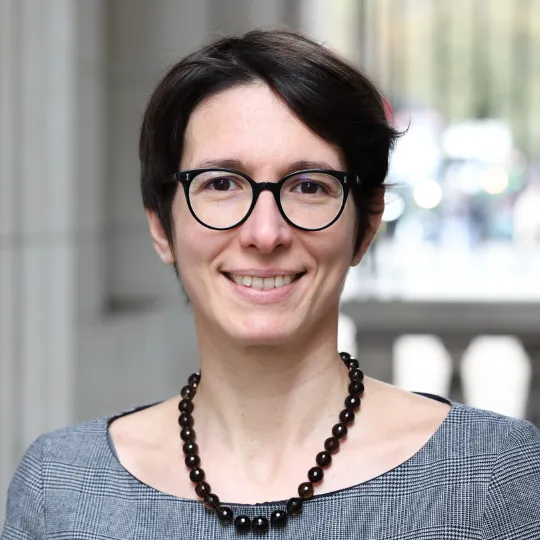Radical Translations: The Transfer of Revolutionary Culture between Britain, France and Italy (1789-1815)

The transnational circulation of radical ideas of equality and rights has deeply shaped European societies since the revolutionary period. This AHRC-funded project repositions revolutionary translators not as passive collaborators of a predominantly French revolutionary culture but as activists seeking to spread radical, democratic ideas into new contexts. Who were the militant translators? How did they translate? What can these translations tell us about how a transnational revolutionary idiom was adapted, resisted or rejected in the effort to create new political tools for action?
The project has so far identified c. 1000 translations with a radicalising purpose that have never been systematically studied. This includes: published translations, self-translations, texts imagined as translations, as well as unpublished or projected translations, recoverable from newspapers, publisher’s prospectuses, and personal correspondence. We pay special attention to how paratexts (prefaces, addenda, titles, dedications) function as compact forms of communication, expressing political and social aims. Our bibliography of translations includes separate records for paratexts, which are extensively annotated.
Our database also includes prosopographical information on some 500 translators. These range from revolutionaries who were well-known translators to lesser known radicals to anonymous to pseudonymous translators whose lives are barely known at all. What unites them all is the way they use translation to extend radical ideas of liberty and equality into new contexts. In putting translation at the centre of revolutionary lives, we also seek to recover translation as a political and social event.
Our Partners
Principal Investigator
Investigators
Project websites
Funding
Funding Body: Arts & Humanities Research Council (AHRC)
Amount: £804,877.00
Period: September 2019 - March 2024




